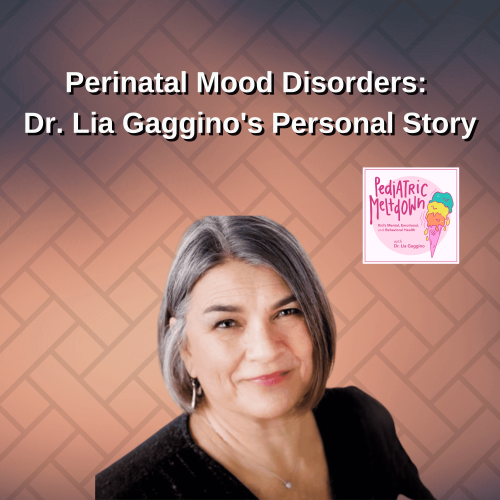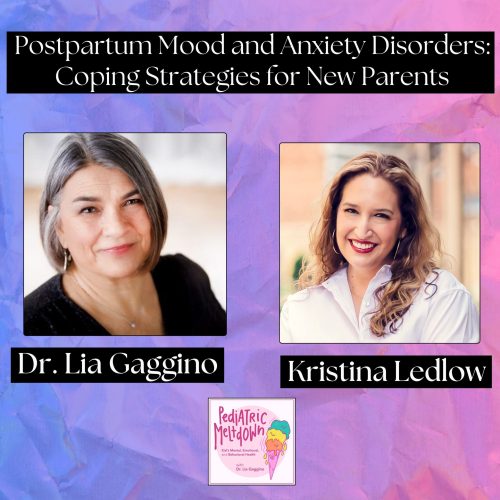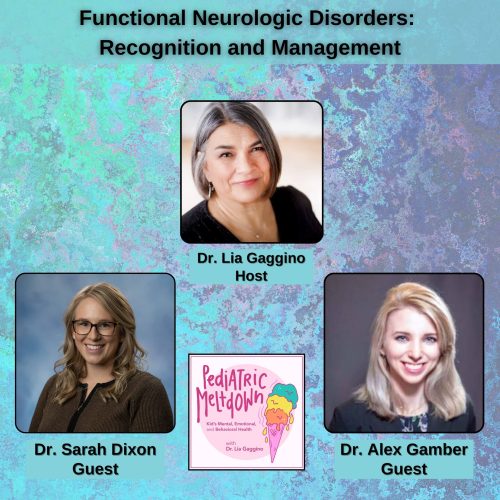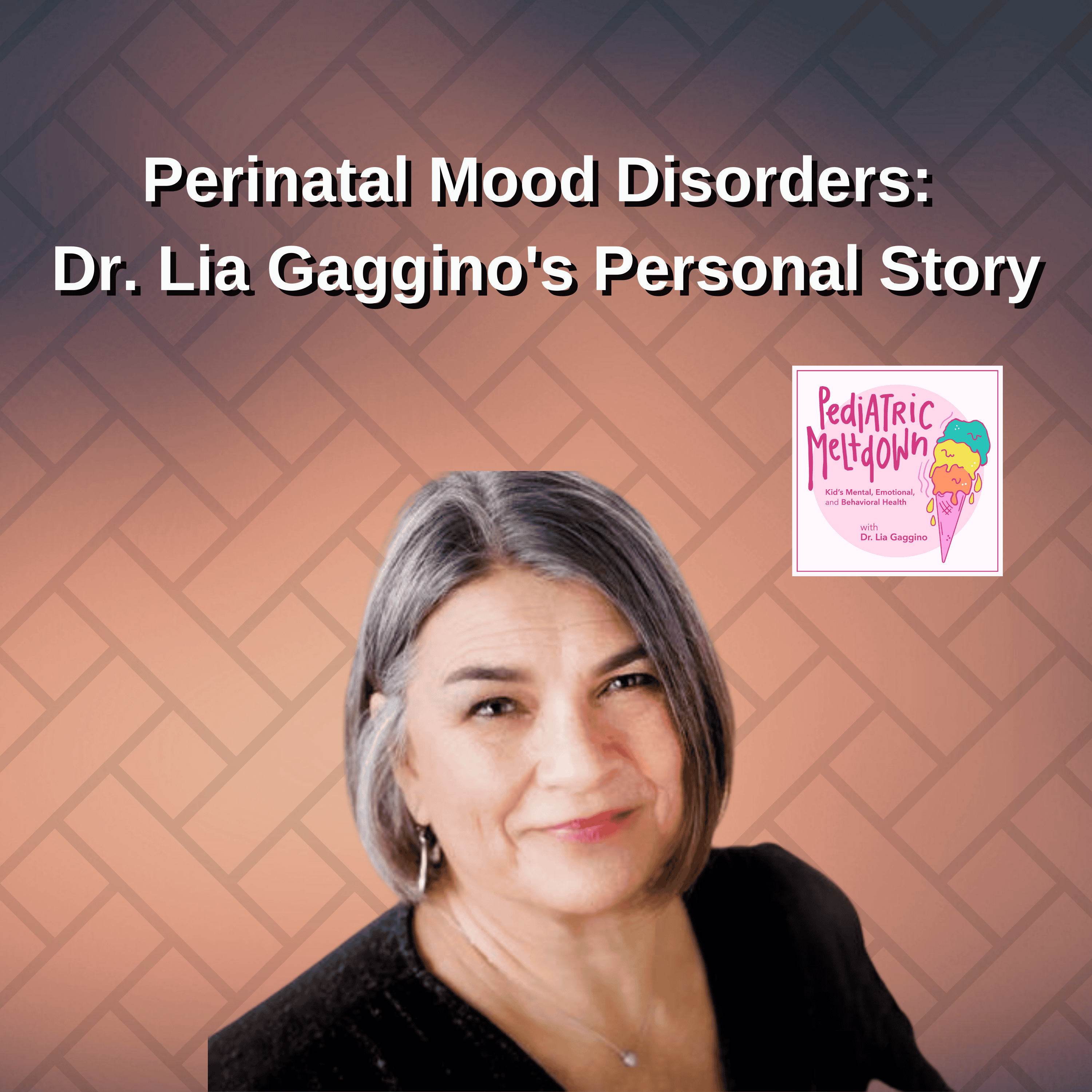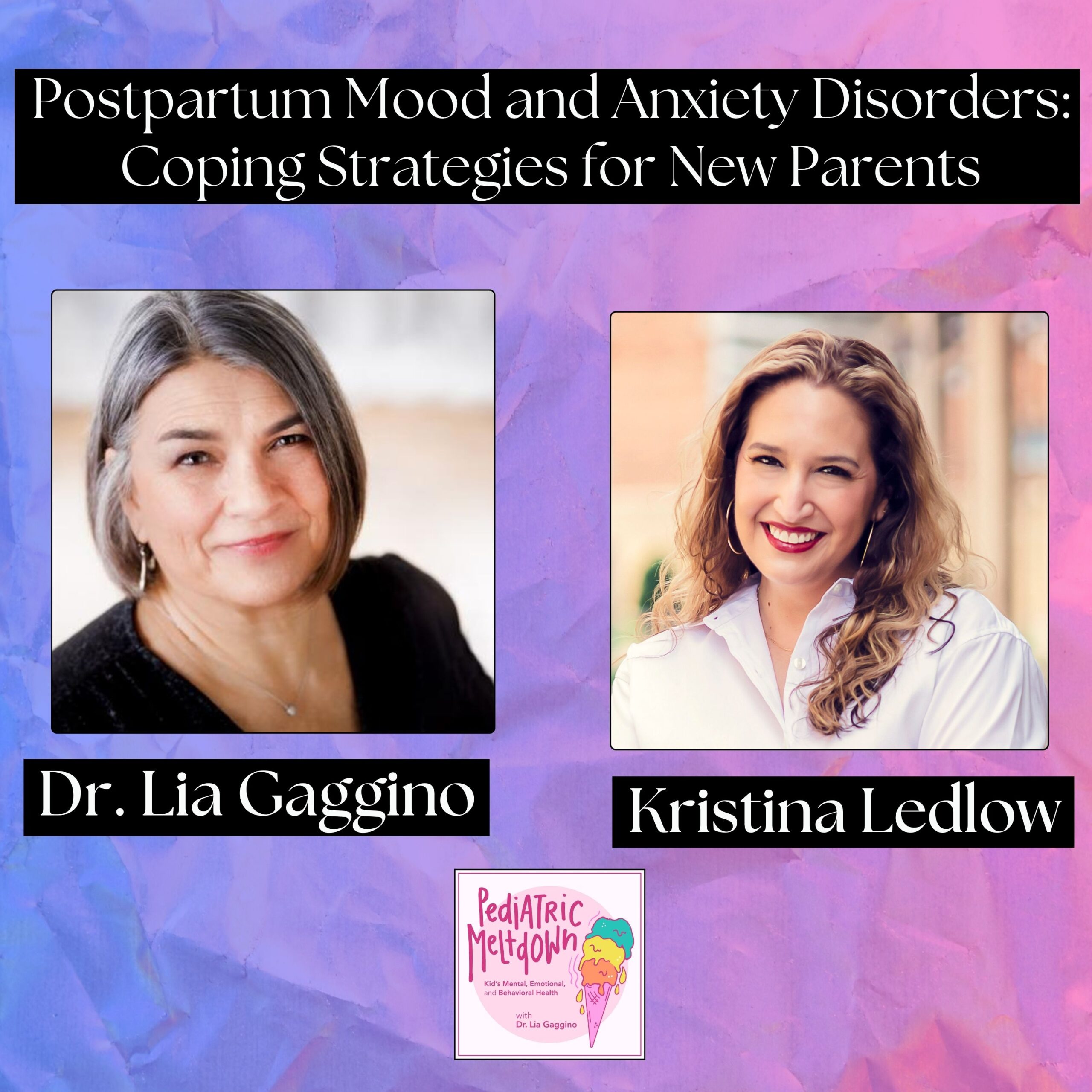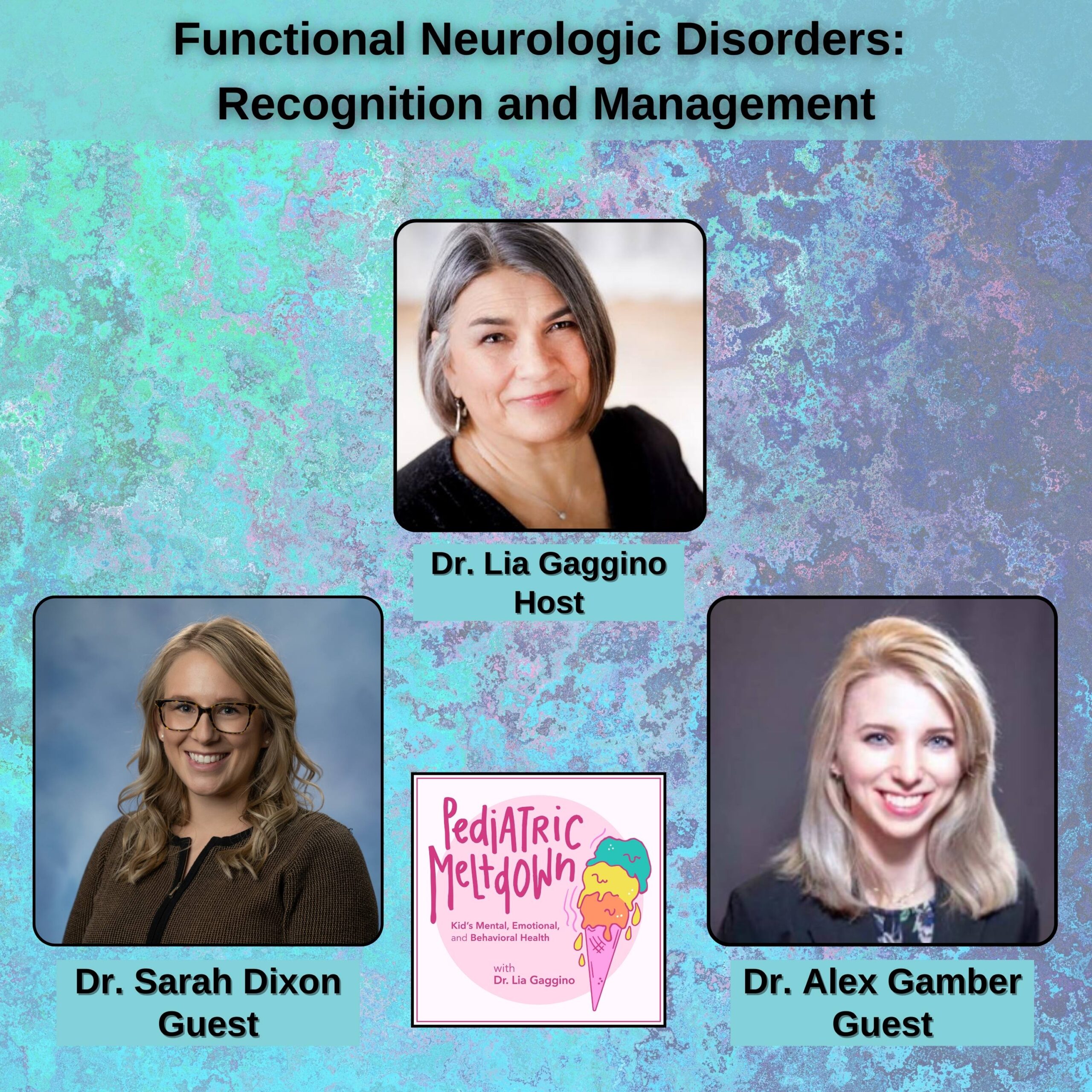Childhood trauma can have a lasting impact on mental health and well-being, but addressing it in therapy requires a careful and compassionate approach. In this episode, child psychologist, Conni Lutes, shares her unique strategies on working with young children who may be experiencing behavior issues or challenges related to autism. Your host, Dr. Lia Gaggino and Conni discuss the importance of using language and creative outlets, such as art and play therapy, to help kids express themselves and make progress. By taking these steps, practitioners can help children feel heard and supported. By creating a safe and comfortable environment and meeting children where they are, therapists can help children process their trauma and move towards healing.
[00:33 -15:56] Strategies for Working with Children in Therapy
- Create a colorful and comfortable therapy environment with bean bag chairs, pillows, and other calming tools.
- Encourage artistic expression and play to help children feel more comfortable and have a voice when they feel silenced.
- Focus on the child’s strengths first to build trust and establish a foundation for future therapy sessions.
- Approach trauma and behavioral issues by first getting to know the child as a whole, not just focusing on the problematic behaviors or experiences.
- Start sessions by focusing on the child’s strengths, rather than immediately addressing any traumatic experiences or behavior issues.
[15:57- 30:41] Strategies for Supporting Children with Autism and Anxiety
- Continually assess children to understand their behavior and the underlying factors that contribute to it.
- The powerful role of art therapy in helping children with limited language skills
- Using social stories and role-playing as effective strategies to help autistic children learn how to join and feel understood
- The importance of understanding developmental stages and expectations in managing anxiety and worry in elementary-aged children
- Introducing the concept of a “smart part” of the brain and “red alert” to teach children how to gain control over their feelings and move from a state of anxiety to a more rational, problem-solving state.
[30:42 -42:23] Promoting Collaboration between Doctors, Therapists, and Schools
- Recognize the importance of all the adults in a child’s life, including pediatric clinicians, schools, and therapists.
- Emphasize a strength-based approach to working with children, focusing on their unique abilities and passions.
- Encourage shared control between parents and children, giving children choices and opportunities to feel empowered.
- Use strategies such as the five senses exercise to help children shift from reacting to thinking.
- Facilitate cross-disciplinary communication and collaboration to ensure that everyone has a complete picture of the child’s strengths and challenges.
[42:24 -51:46] Creating a Multidisciplinary Team: Tips and Strategies
- The importance of multidisciplinary teams, involving OT, PT, and speech.
- Humility is essential for physicians to recognize they are not aware of everything.
- Teachers must understand that the child can behave differently in different settings.
- Collaboration between therapists, clinicians, teachers, and parents is necessary.
- Accepting the child’s strengths alongside their weaknesses is fundamental.
[51:47 – 56:44] Closing segment Takeaway
Links to resources mentioned on the show
Jay Shetty: Home – Jay Shetty
Jim Fay Love and Logic: Love and Logic Institute, Inc
Stanley Greenspan: The Greenspan Floortime Approach
Ken Ginburg’s Book: Congrats—You’re Having a Teen!: Strengthen Your Family and Raise a Good Person eBook
Other episodes you may like:
Dr. Colleen Cullinan’s four part Series on Executive Function
**Episode #88
ADHD: Strategies for Boosting Executive Function Pt I
**Episode #109
ADHD: Executive Functions Pt II
**Episode #119
ADHD: Executive Functions Pt III
**Episode #120
ADHD: Executive Functions Pt IV
Dr. Mark Sloane
**Episode 29
Goldilocks, Tigger & Eeyore: Regulation and Childhood Behaviors
Key quotes for Twitter:
“Kids often get misdiagnosed and pigeonholed as bad kids when in fact that’s just been misinterpreted.” … Conni Lutes
“I brought up the word confused a lot in my office with autistic children because I don’t think they were given a lot of opportunities to talk about their confusion.” … Conni Lutes
THANK YOU FOR YOUR SUPPORT!
Pediatric Meltdown was listed as a Top 20 Pediatric Podcast on FeedSpot.
If you’d like to connect with me, you can Tap the “What Are Your Thoughts” button at the top of the notes or you can find me on LinkedIn, Facebook, Instagram, and Twitter, or email me at [email protected] or [email protected]. To learn more about me visit https://www.medicalbhs.com/
LOVE WHAT YOU HEARD? Leave us a 5-star review so we can continue to provide you with great content. Share this episode and help people know more about children’s health and well-being.



